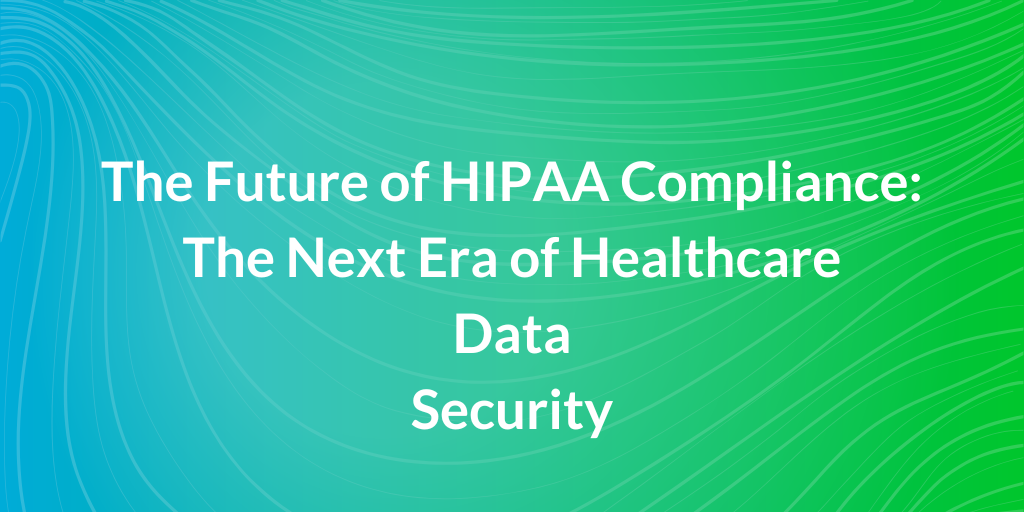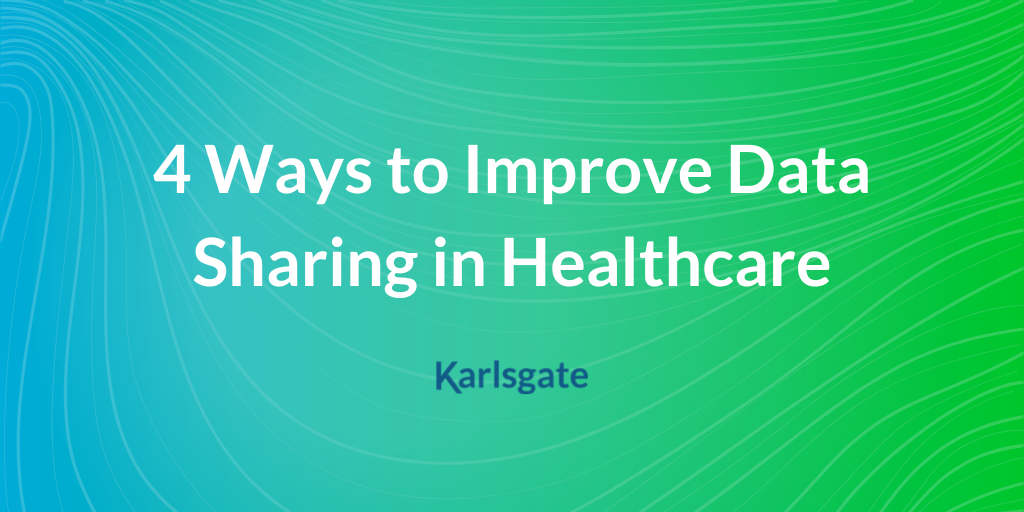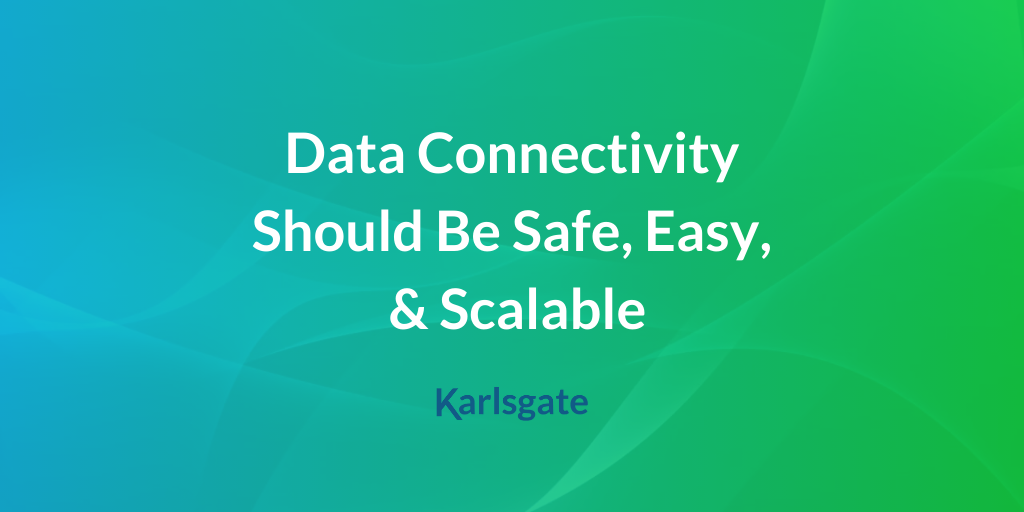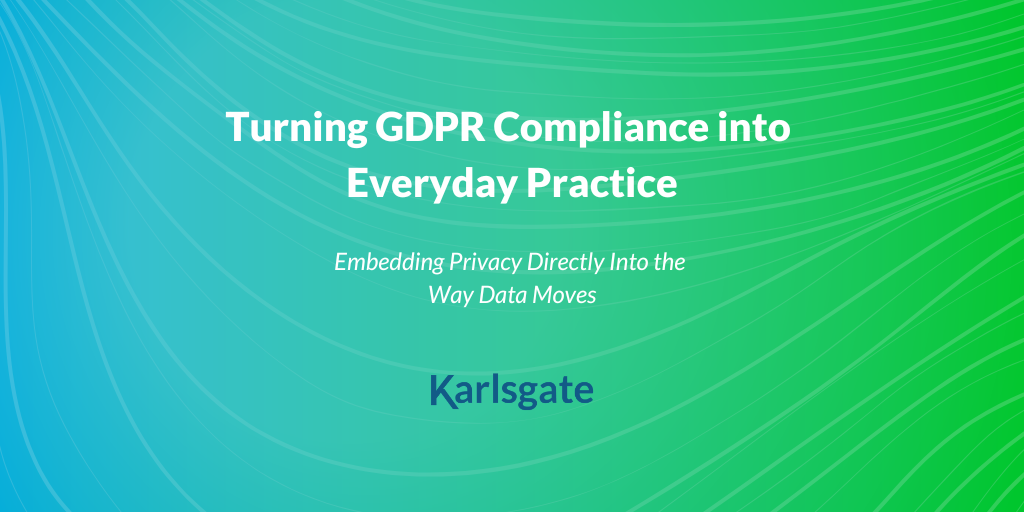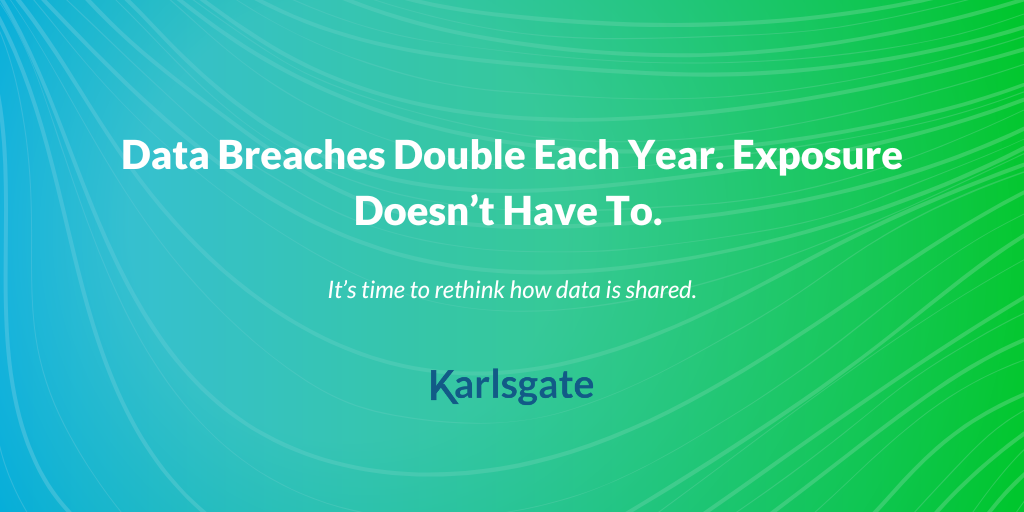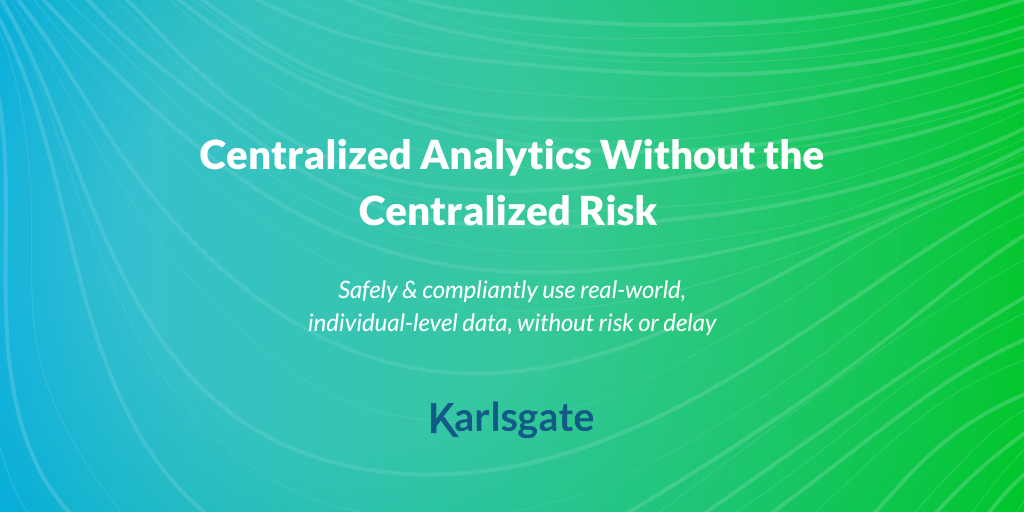As healthcare evolves, so do the challenges of protecting sensitive patient information. The latest proposed updates to the HIPAA Security Rule remind us that securing electronic Protected Health...
AI is advancing rapidly, bringing incredible opportunities for automation, efficiency, and competitive advantage. But history has shown that when innovation outpaces security and privacy considerations, unintended consequences follow.
We’ve seen this pattern before. Cloud computing revolutionized business operations, but early oversights in security led to major breaches. Mobile apps reshaped consumer engagement, yet privacy concerns forced major course corrections. These technologies weren’t mistakes—they were groundbreaking advancements that came with lessons learned. AI is now at a similar crossroads, and businesses must ask themselves: Will they integrate protection from the start, or face costly challenges later?
Learning from the Past: Innovation and Its Unintended Consequences
Cloud computing was a game-changer, offering businesses unprecedented scalability and efficiency. But in the rush to migrate data, security sometimes took a back seat. The 2019 Capital One breach, for example, caused by a misconfigured cloud storage setting, exposed sensitive information from 100 million credit card applications— leading to an $80 million fine and a $190 million lawsuit settlement. The lesson? Even transformative advancements need built-in safeguards.
A similar story unfolded with mobile apps. Companies embraced the power of user data, integrating tracking features to enhance personalization and advertising effectiveness. However, as consumer privacy concerns grew, policy changes like Apple’s 2021 App Tracking Transparency (ATT) forced companies to rethink their strategies. Facebook, for example, projected a $10 billion impact from these changes as ad targeting became less precise. The takeaway? Privacy isn’t an obstacle—it’s an essential part of sustainable innovation.
The Hidden Cost of Overlooking Data Protection
The consequences of rushing forward without considering security and privacy aren’t just theoretical. They have real, measurable costs:
- In 2024, the average cost of a data breach hit $4.88 million, a 10% increase from the previous year.
- In 2021, Amazon faced an $887 million GDPR fine for privacy violations.
- Apple recently settled a $95 million lawsuit over allegations that Siri recorded conversations without user consent.
Each of these cases reinforces a key point: Fixing security gaps retroactively is significantly more expensive—and more disruptive—than building protections in from the start. AI is now at the forefront of this challenge.
AI’s Growing Dependence on Sensitive Data
AI isn't just another technology—it’s one that increasingly relies on highly sensitive data. While early AI models often used aggregated or de-identified data, today’s AI-driven solutions are tapping into personal, financial, and biometric information across industries.
- Healthcare AI analyzes medical records to improve diagnostics but must ensure patient data is secure.
- Financial AI processes transactions for fraud detection, making privacy and compliance critical.
- Customer service AI interacts with users, collecting personally identifiable information (PII) that must be protected.
- KYC and biometric verification use AI to scan identity documents, raising security and privacy concerns.
- Law enforcement and surveillance AI leverage facial recognition and behavioral analysis, amplifying debates over ethics and misuse.
The pattern is clear: AI is rapidly embedding itself into the areas where security and privacy matter most. AI’s success depends on how well organizations manage these challenges. If businesses take a protection-first approach now, they won’t just mitigate risks—they’ll build AI systems that are secure, scalable, and built to last.
Future-Proofing AI: Security, Scalability, and Trust
AI’s continued evolution demands a data framework that is engineered to meet modern privacy and security challenges—one that protects sensitive data without slowing innovation. Organizations must ensure AI is built with control for ensuring privacy and compliance at its core, avoiding the need for costly fixes later.
Protected Data Pipelines enable AI-driven collaboration without exposing personal or proprietary data. Instead of transferring raw data, Karlsgate’s cryptographic protocol ensures secure data exchanges, optimizing efficiency while preventing exposure.
This approach:
- Eliminates exposure risk – No sensitive data is revealed during collaboration.
- Automates compliance – Reduces manual approvals and regulatory delays.
- Scales seamlessly – Processes billions of records efficiently without increasing risk.
Organizations that are building Protected Data Pipelines today aren't just avoiding future problems—they’re gaining a competitive advantage, leading the way in secure AI deployment.
About Karlsgate
For executive leaders concerned about balancing data security with the demand for data across all facets of the business, Karlsgate offers a robust, easy-to-implement solution. Protect your data from risks and breaches while seamlessly accessing it for critical initiatives. Secure and maximize your data's potential with Karlsgate.
Sources
Capital One Financial Corporation, 2020. "Capital One Announces Settlement of Shareholder Derivative Litigation."
Office of the Comptroller of the Currency, 2020. "OCC Assesses $80 Million Civil Money Penalty Against Capital One."
IBM Security, 2024. "Cost of a Data Breach Report 2024
Reuters, 2021. "Amazon hit with record $886 million fine for data law breach."
Reuters, 2025. "Apple agrees to $95 million settlement in Siri privacy class action."

